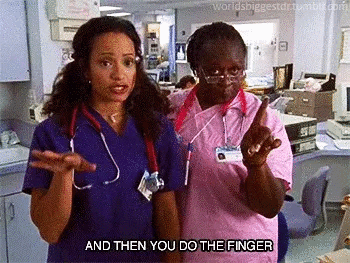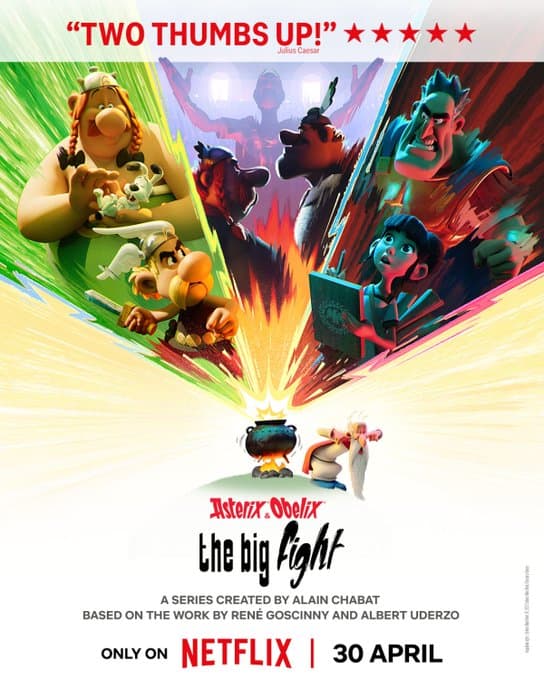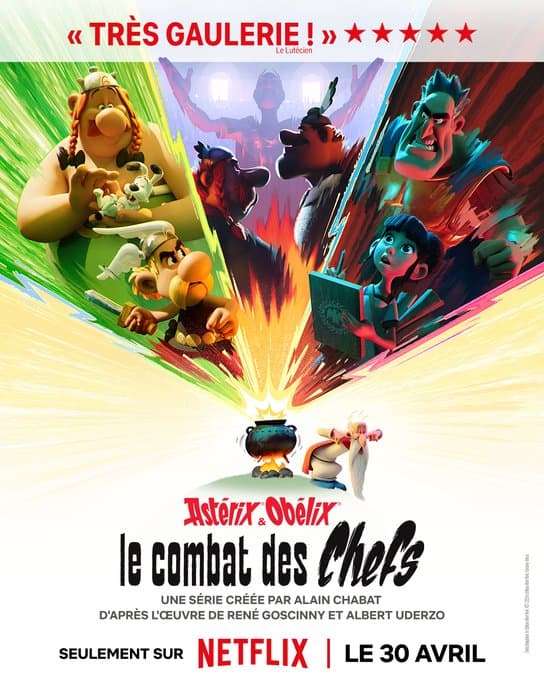I read them as a kid at French school. We were only allowed French comics, so Asterix was a delight to have on hand. I remember detecting - but not getting - several of the inside jokes. But at age 11 I was already familiar with grown-ups talking about political things that made no f*cking sense to me. So this was just another “ah, must be a joke for the olds”.
Well, the “Bless” would be like “God be with ye”; goodbye.
Welsh counting:
zero to ten, simple enough. Except 2, 3, and 4 have masculine and feminine forms.
11: one on ten
12: twoteen
13: three on ten
14: four on ten
15: fifteen
16: one on fifteen
17: two on fifteen
18: twonines or three on fifteen
19: four on fifteen
20: twenty
21-29: one-nine on twenty
30: ten on twenty
31: one on ten on twenty
32: twoteen on twenty
…
40: twotwenty
41: one on twotwenty just kidding. twotwenty and one
42: twotwenty and two
…
50: ten and twotwenty
51: one on ten and twotwenty
…
60: threetwenty
61: threetwenty and one
…
70: ten and threetwenty
71: one on ten and threetwenty
…
80: four twenty
…
91: one on ten and four twenty
…
100: hundred.
There’s also a more decimal system, which is much more comprehensible, and thus boring.
11: one ten one,
23: two ten three
50: five ten or half a hundred
English speakers love to make fun of the whole “four twenty and seven” thing in other languages, but then start a speech with an exact synonym of that and it’s somehow brilliant eloquence. ![]()
Four Score and Seven should be Eight-Hundred Yeah Seven.
Cornish counting is base 12 instead of 10.
I played the trailer with a bit of scepticism but I have to say it looks quite good! Very… “dreamworks style”.
Also, the mother nagging Caesar is peak Asterix ![]()
“minus one village is not everything” ![]()
“drop it mom!” ![]()
I think that’s the problem with these computer cartoons. Either they overuse the Pixar look or they take too much from DreamWorks.
Returning to the topic, I think it will be good material for anyone who wants to study French.
I don’t think so. The penultimate syllable is the stressed one. We usually mutter this word under our breath to express contempt.
Also in spanish. Is porquerÍa.
I think that what happens is the RK sound in spanish is a strong barrier that almost splits the word in two, so if someone is commenting something along the lines of “DAMMMNNNN THAT THING IS FUCKING NASTEEYYYYYY” they are going to let the R roll a bit, so it’s going to sound like “PORRRRquería”
this RK caesura is not exclusive of spanish, but we bring it to the next level, specially in central american dialects.

“Oh, no you di’n’t!”
That 1st apostrophe indicates a glottal stop, like a Cockney’s dropped T.
World Atlas of Languages (Beta Version)
The World Atlas of Languages is an interactive and dynamic online tool that documents different aspects and features of language status in countries and languages around the world. It aims to provide a detailed record of languages as communicative tools and knowledge resources in their sociocultural and socio-political contexts.
According to the World Atlas of Languages’ methodology, there are 8324 languages, spoken or signed, documented by the governments, public institutions and academic communities; out of 8324, around 7000 languages are still in use. On the World Atlas of Languages, every language is marked distinctly according to its type, structure and affiliation, its situation, state and status and, finally, their functions, users and usage.
I’ve noticed that right-wing trolls often insist news stories “are bias,” or “is bias,” but I’ve never noticed them write “are biased,” nor “is biased,” nor “is biased.”
Is it just right-wing trolls, or is this more widespread? And why?
I think it’s just that right wing trolls are just dipshits who don’t know how to grammar…
They probably use “flout” and “flaunt” interchangeably.




